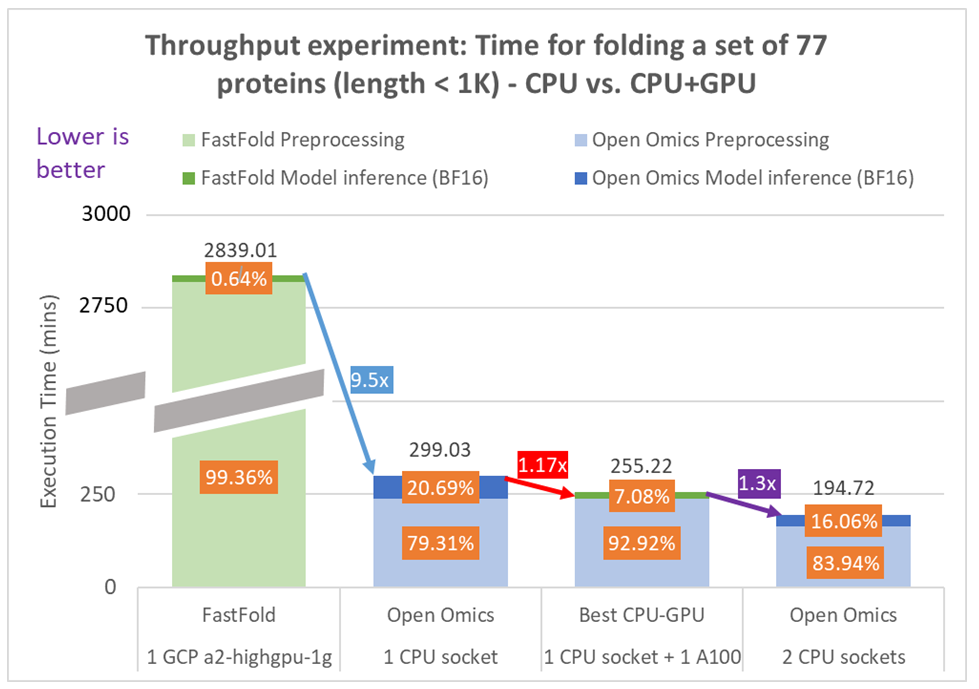An interesting comment on AI which does not bode well for Intel and AMD:
C. C. Wei "Our model is based on the data center structure. We assume a certain percentage of the data center processor are AI processors. And based on that, we calculate the AI processor demand. And this model is yet to be fitted to the practical data later on. But in general, I think the - our trend of a big portion of data center processor will be AI processor is a sure thing. And we can cannibalize the data center processors. In the short term, when the CapEx of the cloud service provider are fixed, yes, it will. It is. But as for the long term, when their data service, when the cloud services having the generative AI service revenue, I think they will increase the CapEx, that should be consistent with the long-term AI processor demand. And I mean, the CapEx will increase because of a generative AI services."
As I have said before, bespoke silicon will rule the semiconductor world and this is just one example, absolutely.



